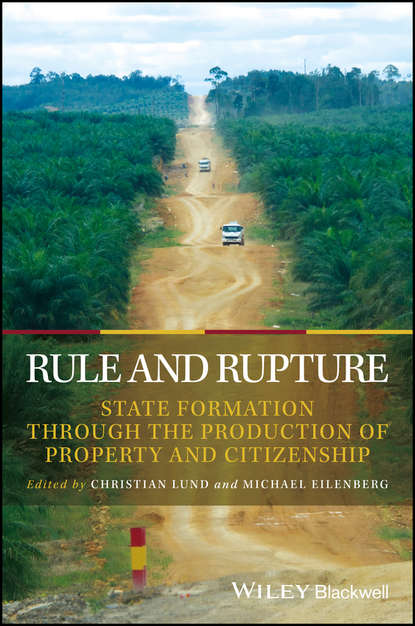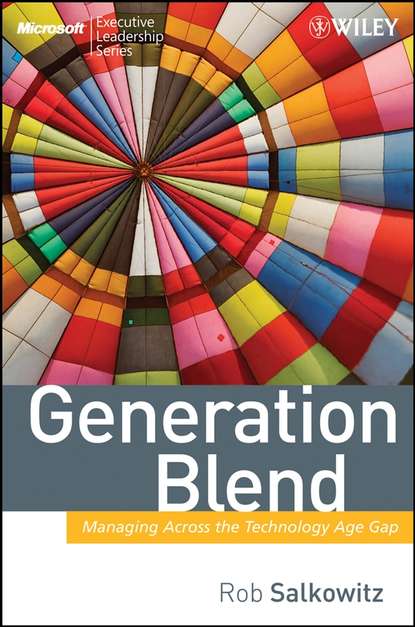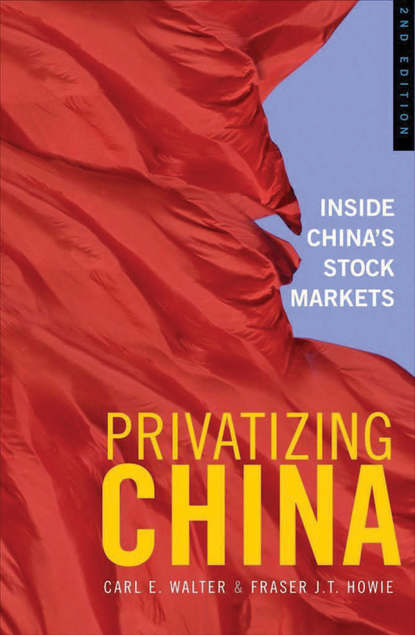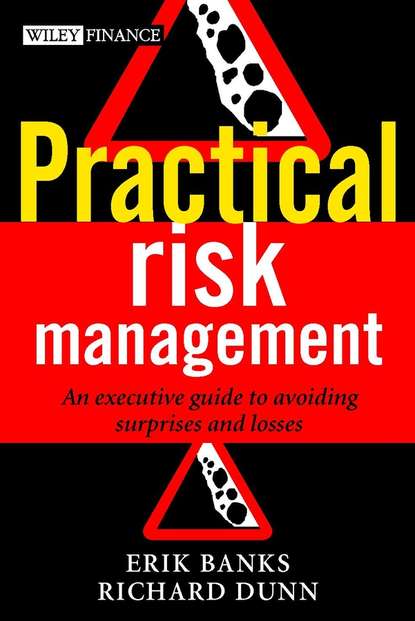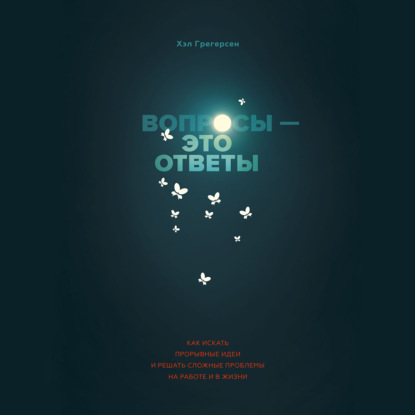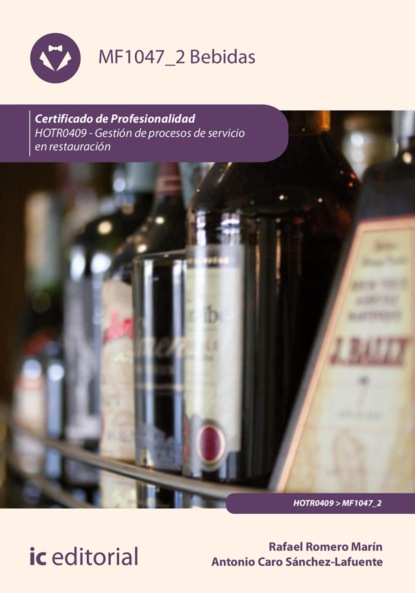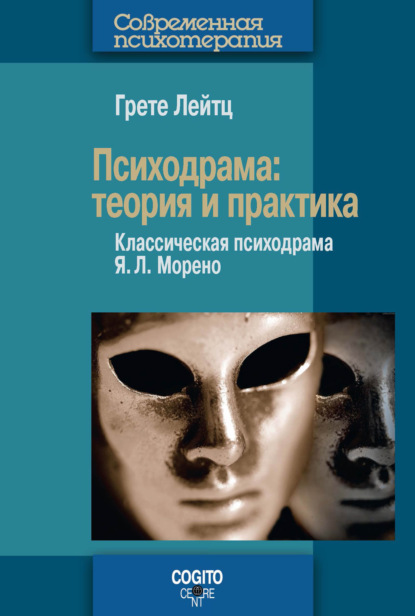"Rule and Rupture - State Formation Through the Production of Property and Citizenship" - это исследование способов определения и создания политической власти через права на членство в сообществе и доступ к ресурсам. Авторы сочетают последние теории о правах собственности и гражданства с обширным полевым исследованием, чтобы предоставить более сложную и нюансированную оценку политических государств, обычно рассматриваемых как "слабые", "хрупкие" и "неудачные". Книга содержит десять кейс-стади из постколониальных стран мира, включая Камбоджу, Непал, Индонезию, Афганистан, Руанду, Сомали, Демократическую Республику Конго, Колумбию и Боливию. Авторы характеризуют результаты общественных кризисов в трех типах исходов для политической власти: реконструированы и укреплены, оспариваются и фрагментируются. Книга собирает захватывающие идеи от глобальной группы ученых в области политической науки, развития и географии.
Rule and Rupture: State Formation 1 Through the Production 2 of Property 3 and Citizenship 4 offers major theoretical insights concerning power politics and contemporary state formation, focusing particularly on anthropological contexts in the global South. The work describes six geographically diverse case studies including post-colonies across the globe, each that has experienced at least one of three different institutional transformations that they have undergone--reconstituted and consolidated states; challenged states; and fragmented states.
Электронная Книга «Rule and Rupture» написана автором Группа авторов в году.
Минимальный возраст читателя: 0
Язык: Английский
ISBN: 9781119384793
Описание книги от Группа авторов
Rule and Rupture – State Formation Through the Production of Property and Citizenship examines the ways in which political authority is defined and created by the rights of community membership and access to resources. Combines the latest theory on property rights and citizenship with extensive fieldwork to provide a more complex, nuanced assessment of political states commonly viewed as “weak,” “fragile,” and “failed” Contains ten case studies taken from post-colonial settings around the world, including Cambodia, Nepal, Indonesia, Afghanistan, Rwanda, Somalia, Democratic Republic of Congo, Colombia, and Bolivia Characterizes the results of societal ruptures into three types of outcomes for political power: reconstituted and consolidated, challenged, and fragmented Brings together exciting insights from a global group of scholars in the fields of political science, development studies, and geography
